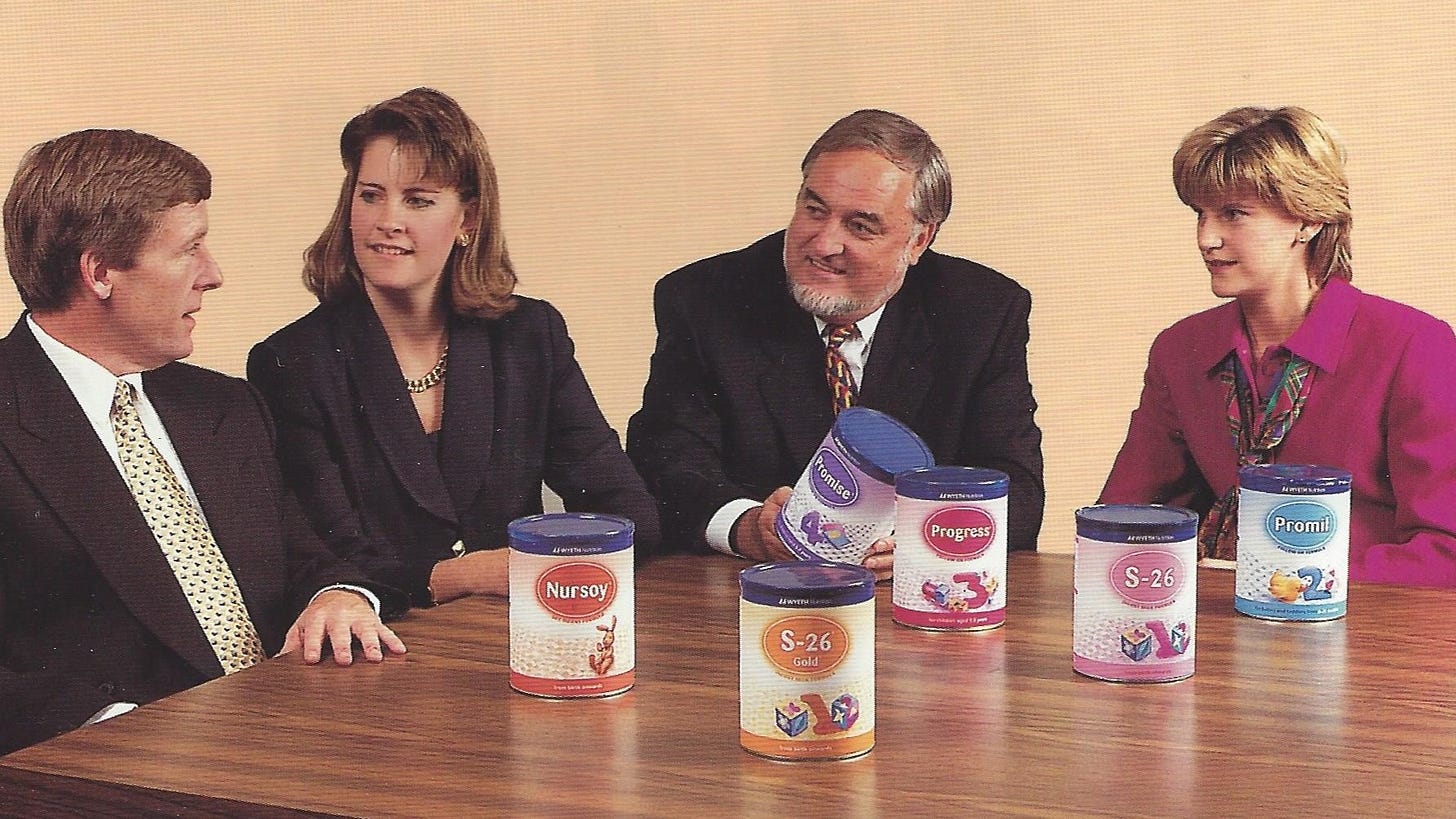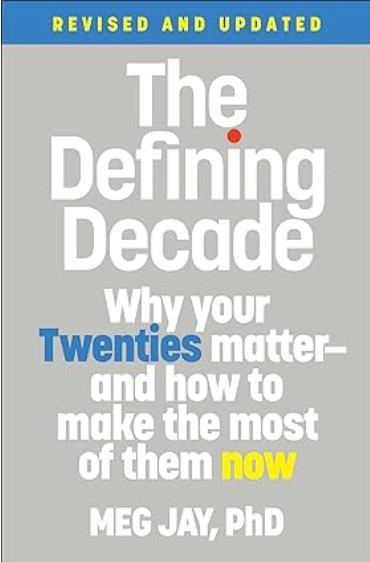It's called work for a reason
Rough days (and weeks) at the office are normal

If one of your work projects has you feeling like you’re doomed to roll a boulder up a hill day after day, take heart. It’s normal. Tis the nature of work for it to sometimes feel like a massive pain in the ass or as if you’re stuck in a loop repeating the same activities over and over again like you’re starring in a remake of the movie Groundhog Day.
No matter how cool or significant the project you’re working on is, completing it can be full of aches, pains, and hassles. When I was working for Wyeth Nutrition, I was put in charge of a global branding revamp that was truly a once-in-a-lifetime project (thank goodness).
Although it initially seemed like designing new labels for our baby formulas would be fun, I soon discovered that packaging redesign projects are hard. The subjective nature of design makes everyone feel entitled to be a critic.
Once the designs were completed, I found that the logistics required for rollout weren’t our biggest challenge. Although the new labels were a vast improvement over the circa 1960s packaging they replaced, it wasn’t easy to sell our affiliates on them. Most affiliates weren’t convinced that a unified global brand image was worth more than having local control over their labels.
The new labels had a lot going for them, like the cute animals that were part of the latest designs (I could even imagine turning them into cute plush animals that could be fun ambassadors for our brands). But getting the affiliates on board with launching them took a lot of work.
I remember arguing with our U.K. affiliate, who wanted to substitute a hedgehog for the giraffe on one of our specialty formula labels. By the end of the back and forth, I was ready to see the hedgehog become roadkill, but he ended up on the U.K. labels since our number two affiliate had the juice to get an exception.
Eventually, the global labels rolled out–with some local design tweaks and at a slower pace than we had initially hoped. At the conclusion of the global branding project, our team was featured in a story in Communique, the company’s glossy quarterly magazine (that’s me second from the left, with my boss, the head of Wyeth Nutrition, and the market research manager.)
Though it was one of those work experiences that looks good on your resume, I wouldn’t describe the experience as fun. (IMHO, the only type of marketing project worse than a package redesign is choosing a name for a new product—everyone always has a strong opinion about what to name the baby.)
Nonetheless, we persisted. And even if the project didn’t turn out exactly as we originally envisioned it, we got the work done and brought a design change to market that helped refresh our brand image.
Thomas Edison once said, “Opportunity is missed by most people because it is dressed in overalls and looks like work.” Sometimes you can’t measure the worth of what you take on in a day by how much you enjoy it.

Your 20s are a time when people and personalities are poised for transformation. Personalities change more during the 20-something years than at any time before or after. Numerous studies have shown that, relatively speaking, after age 30, our thoughts, feelings, and behaviors remain incredibly stable.
According to Dr. Jay, the investments we make in work and love trigger personality maturation. Being a cooperative colleague or a successful partner drives personality change, and settling down simply helps us feel more settled.
Dr. Jay says that positive personality changes come from what researchers call “getting along and getting ahead.” According to Dr. Jay, “Most of these changes are about making adult commitments–to bosses, partners, leases, roommates–and these commitments shift how we are in the world and who we are inside.”
Stay tuned for more snippets from The Defining Decade.
In the olden days, moms used to clip newspaper articles for their kids if they thought it was something they needed to know. I’m watching for things you might have missed that may be helpful to you.
This week’s clips:
Economists predict that, over the next 15 years, a “silver tsunami” of aging Baby Boomers downsizing or dying will make millions of homes available. Analysts say Gen Z stands likely to benefit most from the increased supply of housing available as a result of this shift.
Seven-year-old Molly Wright, one of the youngest TED speakers ever, asks, "What if I was to tell you that a game of peek-a-boo could change the world?" View her brilliant and adorable talk.
The New York Times’ friendship correspondent believes we can learn a lot about modern friendship by watching the TV show Shark Tank. Anna Goldfarb says that being upfront with your intentions when reaching out to people makes it more likely that they’ll say yes to the plans you propose. Here’s why.




